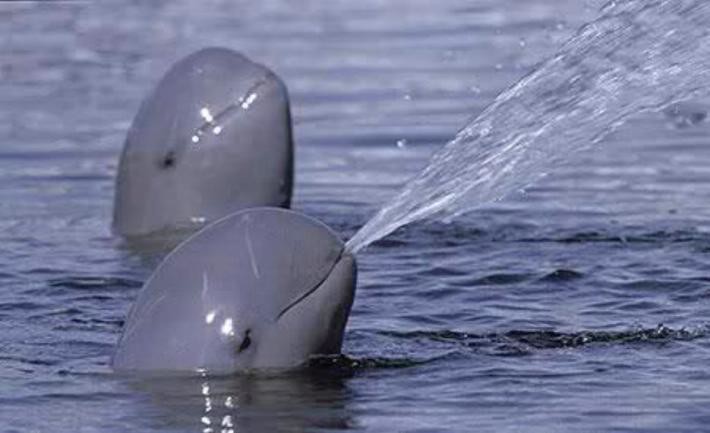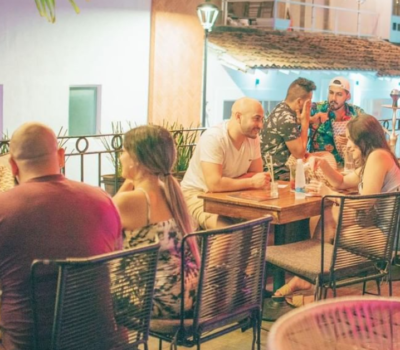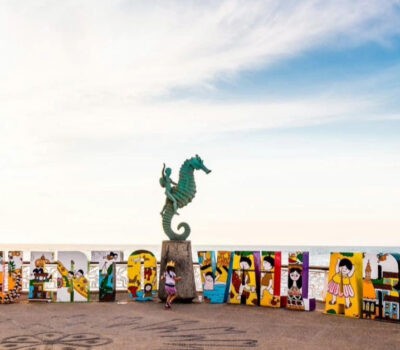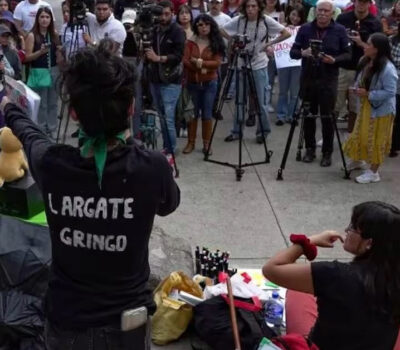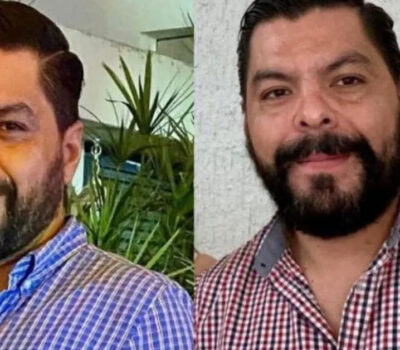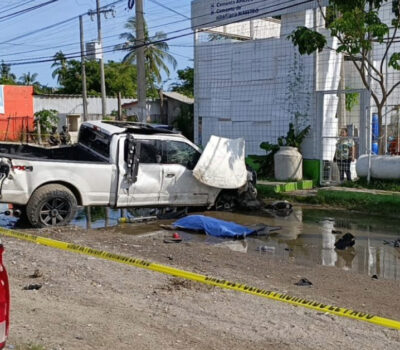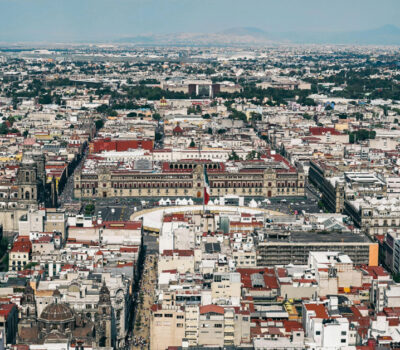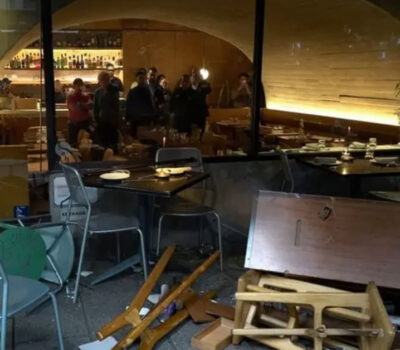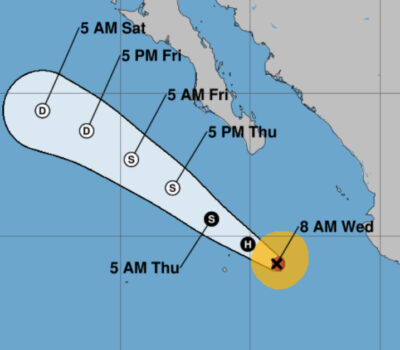It will be a risky effort, because the species has never been held successfully in captivity.
According to rough estimates, only about three dozen of the world’s smallest porpoise remain in the upper Gulf of California, the only place it lives. With population numbers falling by 40 percent annually – there were 60 alive a year ago – there could now be as few as eight breeding females left.
Fishermen lured by Chinese demand for a fish that swims in the same waters have apparently defeated Mexico’s efforts to protect the vaquita in its natural habitat.
Lorenzo Rojas-Bracho, chairman of the International Committee for the Recovery of the Vaquita, said an international team is being formed to launch the capture program in the spring.
“It would involve locating them, capturing them and putting them in some kind of protective area,” Rojas-Bracho said, adding that the current plan envisions putting them in a floating enclosure or pen in a protected bay where they would not be endangered by fishing nets.
“Locating them, capturing them, there is an inherent risk to everything,” he said, noting “we have to do something, as an emergency measure.”
Rojas-Bracho said the committee is establishing a group of experts in acoustic monitoring, porpoise capture, veterinary medicine and other specialties to carry out the effort.
“The team is the best that can be put together in the world. It is the ‘dream team,'” he said.
Mexico’s environment department said a research team had been dispatched in October to find appropriate sites for the enclosure and had identified two such sites.
But catch-and-enclose is risky; the few remaining females could die during capture, dooming the species. Breeding in captivity has successfully saved species such as the red wolf and California condor. But the vaquita has only been scientifically described since the 1950s and has never been bred or even held in captivity.
Experts also worry about what will happen if the flagship protected species of the Gulf of California – also known as the Sea of Cortez – is removed. Local fishermen who can earn thousands of dollars illegally catching the totoaba fish, whose swim bladder is a prized delicacy in China, have chafed at the restrictions and Navy patrols that limit their fishing to protect the vaquita. If the porpoise is gone, fishermen may descend in droves and finish off the totoaba and other species.
“The species is at risk, but so is the whole ecosystem,” Rojas-Bracho said.
For those reasons, some experts such as Omar Vidal, Mexico director of the World Wildlife Fund, oppose the capture plan. Vidal says capture is “not a desirable or practical option for the vaquita. We must strive to save this porpoise where it belongs: in a healthy Upper Gulf of California.”
Besides threatening the few remaining vaquitas, capture “will divert the efforts needed to save this porpoise, ensure long-term sustainable livelihoods to local fishermen and their families, and conserve the unique Upper Gulf ecosystem.”
The capture program is also a sort of admission of defeat for Mexico’s efforts to save the vaquita in its natural habit, which included banning gillnets and compensating fishermen in much of the upper gulf.
“The navy is carrying out heroic efforts” to patrol the area and prevent fishermen from setting out illegal nets, Rojas-Bracho said. “But the fishermen have used every trick in the book,” laying out nets at night, disguising them or leaving them submerged and hard to detect.
Also Thursday, Mexico’s federal environmental prosecutor’s office announced the seizure of eight small boats whose occupants were allegedly fishing illegally in protected waters of the vaquita’s habitat in the upper Gulf of California. Authorities impounded shrimp, clams and fishing nets.
The World Wildlife Fund, Sea Shepherd Conservation Society, the Mexican government and other allied groups said that on recent patrols they found and removed 28 active totoaba nets and removed dozens of other abandoned “ghost” nets that keep catching and killing fish and other marine life.
“Ghost nets are a clear and present danger to the rapidly dwindling vaquita population,” Vidal wrote. “We are doing all we can, as fast as we can, to remove these abandoned nets and give this tiniest of all porpoises a chance to survive.”
However, all that has not been effective, in part because of allegations of corruption or inefficiency in the fishermen compensation program, and in part because of the very high payoff: a totoaba bladder can sell for $5,000 in the United States and double that in Asia.
While it is unknown whether drug cartels are involved in totoaba trafficking, Rojas-Bracho notes that stopping it presents some of the same challenges as anti-drug efforts. “It is a fight something like that against drugs,” he said.
It will be a risky effort, because the species has never been held successfully in captivity.
According to rough estimates, only about three dozen of . . .

